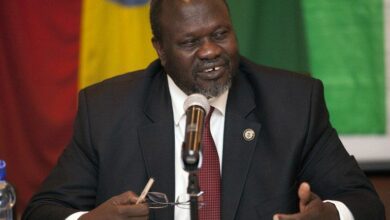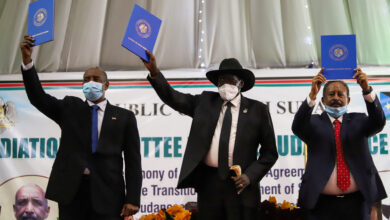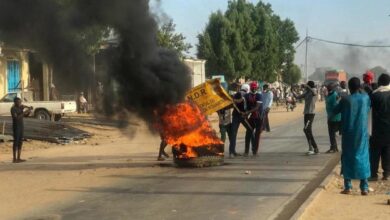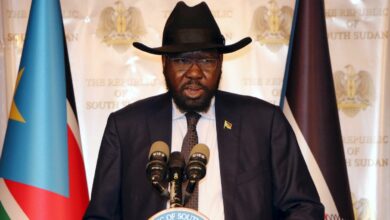South Sudan
South Sudanese President Kiir, Vice President Machar Agree To Unify Army Command
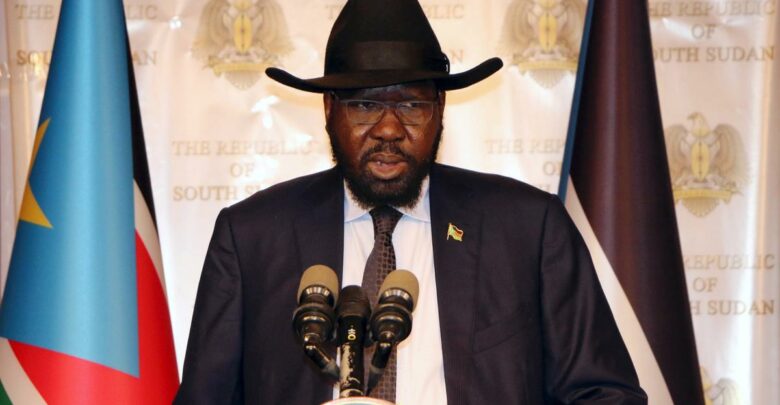
South Sudanese President Salva Kiir and his vice president, Riek Machar, signed an agreement on Sunday to unify their rival forces under a unified command after weeks of escalating conflict, reported CGTN Africa.
Kiir and Machar’s forces had signed a peace agreement back in 2018 that ended a five-year civil war. The civil war from 2013 to 2018 killed over 400,000 people, triggered a famine, and led to a massive refugee crisis. But the implementation of the peace deal has been slow and the opposing forces have clashed frequently over disagreements about how to share power.
Recent clashes between the Sudanese military and forces loyal to Vice President Machar raised fears of another outbreak of serious fighting in the country. Machar’s Sudan People’s Liberation Movement/Army in Opposition (SPLM/A-IO) also suspended its participation in the peace deal’s oversight mechanisms last month.
In a letter to regional mediators, the Sudanese vice president and formal rebel leader accused President Kiir of violating a 2018 truce, citing attacks on his forces.
Sunday’s agreement calls for a unified structure in the security services, including the army and the police. Other details, including the precise ratio of pro-Kiir to pro-Machar troops in the unified army, are yet to be worked out. A spokesperson for the SPLM/A-IO said the ratio would be somewhere between 55:45 and 60:40.
Both Kiir and Machar were present during the signing ceremony in the South Sudanese capital, Juba.
“This is to inform everyone that we have agreed to unify the military command,” said Tut Gatluak, a presidential advisor on national security. “We are for peace and all of us should strive for peace.”
Last month, the United States, the United Kingdom, and Norway – the troika supporting South Sudan’s peace deal – said they were concerned that the new outbreak of fighting threatened to undermine the government’s unity.


